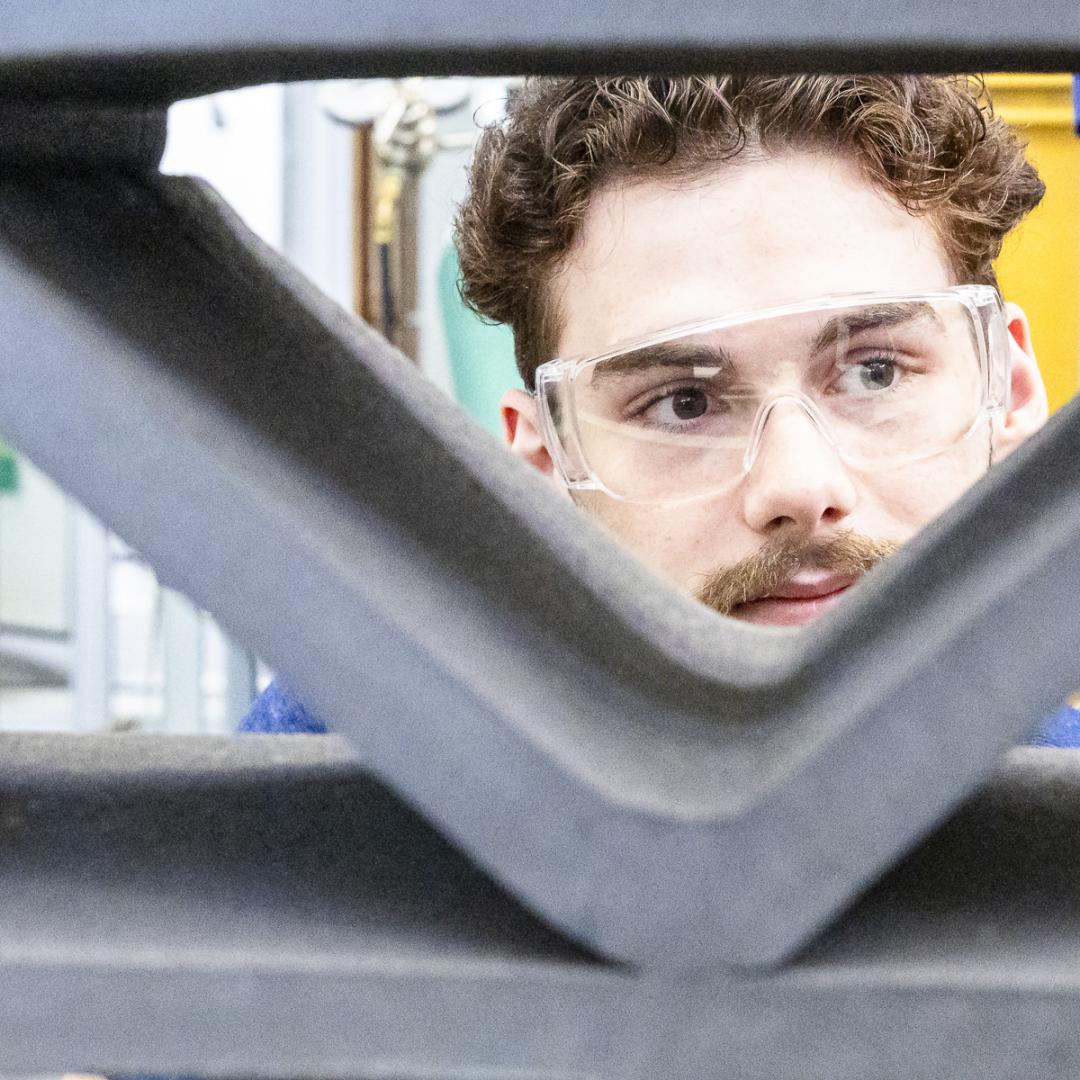Filter News
Area of Research
News Type
News Topics
- (-) Fusion (16)
- (-) ITER (4)
- (-) Summit (8)
- 3-D Printing/Advanced Manufacturing (43)
- Advanced Reactors (15)
- Artificial Intelligence (17)
- Big Data (21)
- Bioenergy (32)
- Biology (38)
- Biomedical (19)
- Biotechnology (7)
- Buildings (27)
- Chemical Sciences (17)
- Clean Water (19)
- Climate Change (36)
- Composites (11)
- Computer Science (52)
- Coronavirus (17)
- Critical Materials (13)
- Cybersecurity (9)
- Decarbonization (23)
- Energy Storage (45)
- Environment (80)
- Exascale Computing (4)
- Frontier (4)
- Grid (27)
- High-Performance Computing (20)
- Hydropower (8)
- Irradiation (2)
- Isotopes (14)
- Machine Learning (15)
- Materials (42)
- Materials Science (45)
- Mathematics (5)
- Mercury (7)
- Microscopy (20)
- Molten Salt (5)
- Nanotechnology (18)
- National Security (18)
- Net Zero (3)
- Neutron Science (35)
- Nuclear Energy (32)
- Partnerships (1)
- Physics (20)
- Polymers (14)
- Quantum Computing (5)
- Quantum Science (12)
- Security (7)
- Simulation (10)
- Space Exploration (10)
- Statistics (1)
- Sustainable Energy (57)
- Transportation (47)
Media Contacts
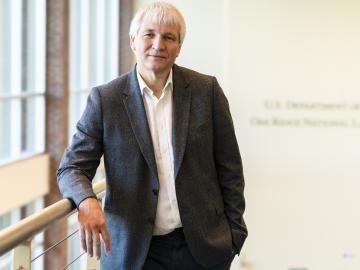
Howard Wilson explores how to accelerate the delivery of fusion energy as Fusion Pilot Plant R&D lead at ORNL. Wilson envisions a fusion hub with ORNL at the center, bringing together the lab's unique expertise and capabilities with domestic and international partnerships to realize the potential of fusion energy.
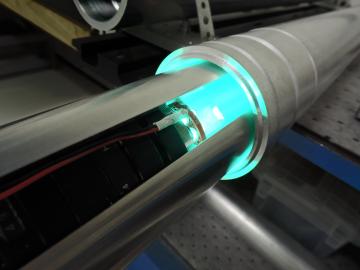
Inspection technology developed by Oak Ridge National Laboratory will help deliver plasma heating to the ITER international fusion facility.
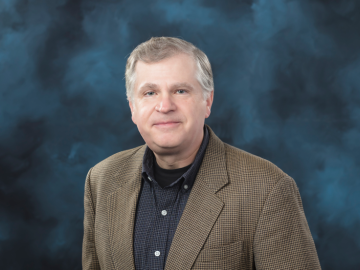
When virtually unlimited energy from fusion becomes a reality on Earth, Phil Snyder and his team will have had a hand in making it happen.
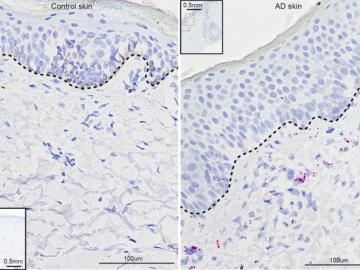
University of Pennsylvania researchers called on computational systems biology expertise at Oak Ridge National Laboratory to analyze large datasets of single-cell RNA sequencing from skin samples afflicted with atopic dermatitis.
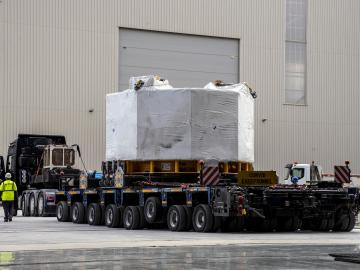
Staff at Oak Ridge National Laboratory organized transport for a powerful component that is critical to the world’s largest experiment, the international ITER project.

Equipment and expertise from Oak Ridge National Laboratory will allow scientists studying fusion energy and technologies to acquire crucial data during landmark fusion experiments in Europe.
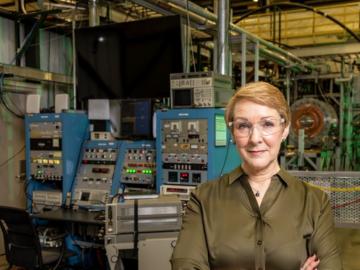
From the helm of a one-of-a-kind organization that brings nuclear fusion and fission expertise together to pave the way to expanding carbon-free energy, Kathy McCarthy can trace the first step of her engineering career back to
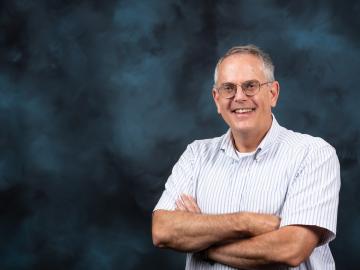
Chuck Kessel was still in high school when he saw a scientist hold up a tiny vial of water and say, “This could fuel a house for a whole year.”
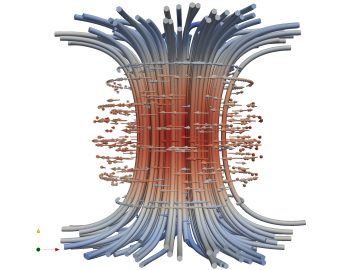
Combining expertise in physics, applied math and computing, Oak Ridge National Laboratory scientists are expanding the possibilities for simulating electromagnetic fields that underpin phenomena in materials design and telecommunications.
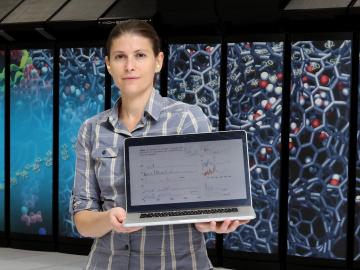
Ada Sedova’s journey to Oak Ridge National Laboratory has taken her on the path from pre-med studies in college to an accelerated graduate career in mathematics and biophysics and now to the intersection of computational science and biology



